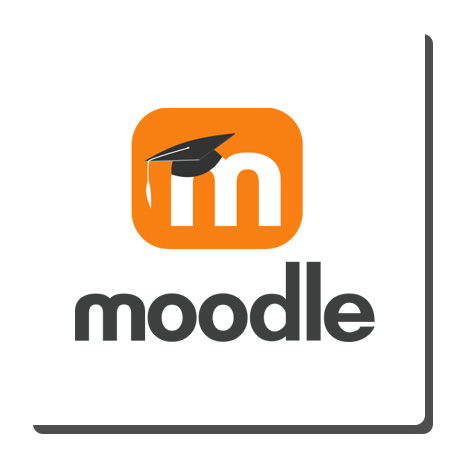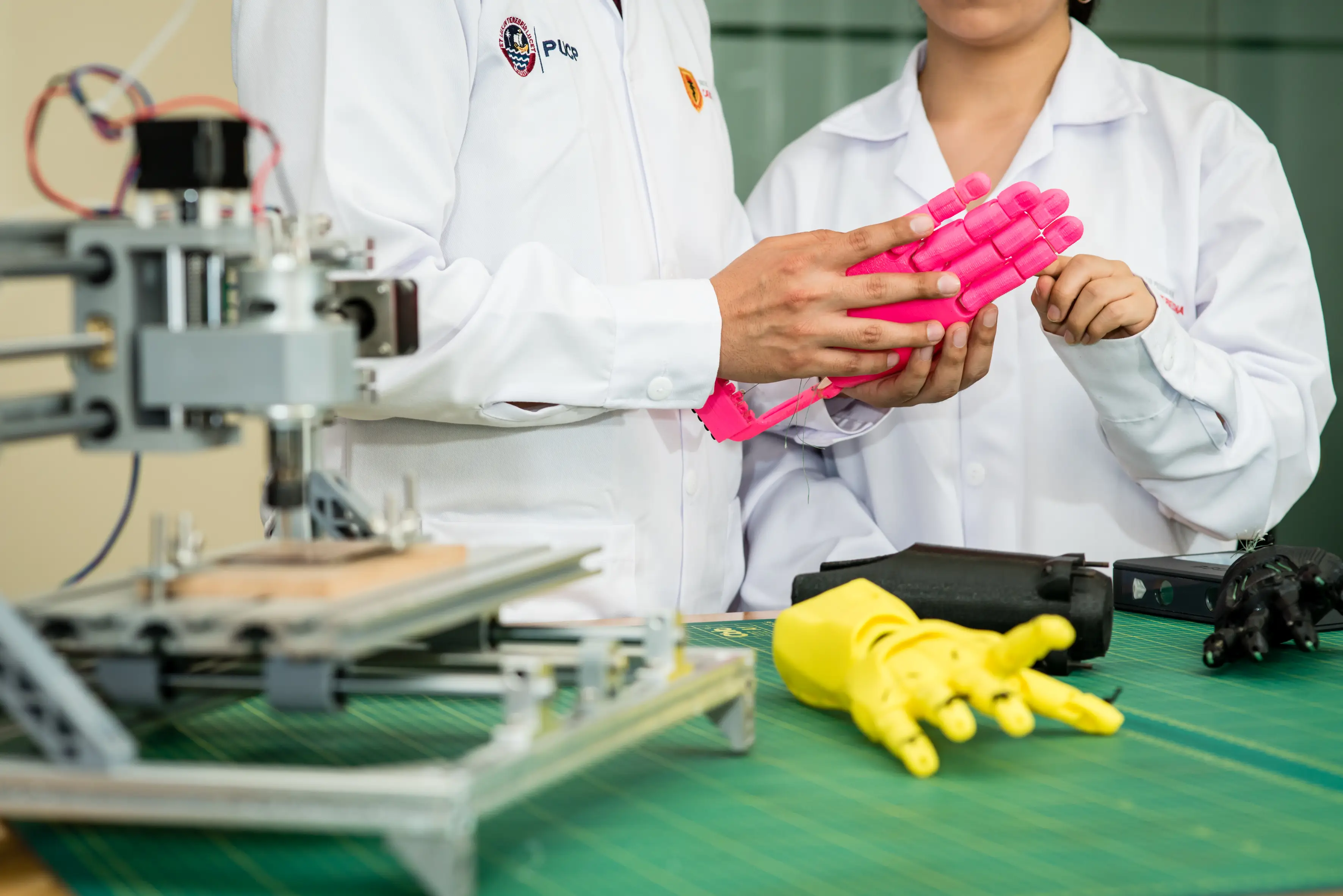Biomedical Engineering
About the Biomedical Engineering Degree Course
It is the discipline that uses knowledge in basic sciences and engineering principles to solve medical problems, innovate solutions, and create products aimed at improving people’s quality of life and transforming health in Peru.
DEGREE GRANTED BY TWO TOP UNIVERSITIES. To develop this new degree course, two prestigious universities have joined forces: the Pontifical Catholic University of Peru (PUCP) and Cayetano Heredia University (UPCH). Both universities have outstanding teaching staff, modern infrastructure, and a recognized track record in research, development, and innovation. PUCP’s experience in training engineers and UPCH’s strength in training health professionals are a guarantee for the professional success of graduates from this degree course.
At the end of the degree course, you will receive a diploma from both universities:
- Bachelor of Science with a major in Biomedical Engineering
- Professional degree in Biomedical Engineering.
Faculty: Science and Engineering
Duration: 10 semesters (5 years)
Site: San Martín de Porres campus and La Molina campus
Degree earned: Bachelor of Science with a major in Biomedical Engineering
Title: Biomedical Engineer
Why choose us?
Generic Competencies of Graduate
Graduates integrate different types of thinking (scientific, logical, critical, systemic, and innovative) for the solution of complex problems through the mastery of cognitive skills such as logical reasoning in challenging situations. They are prepared to address present and future challenges in the exercise of their profession and to tackle the transformation of the environment as committed citizens
Graduates use verbal and non-verbal language to interact effectively in various inclusive, multicultural, and multilingual contexts. Also, they make conscious use of information and communication technologies. They join collaborative work teams to achieve common goals in multicultural, academic, and professional contexts. Moreover, they assume leadership roles with responsibility and respect for other people’s views.
Graduates act ethically and responsibly in different academic, professional practice, and research contexts. They carry out their work honestly, rigorously, and coherently in terms of their values: tolerance, openness, responsibility, environmental awareness, respect, democratic participation, and a sense of belonging.
Graduates creatively propose innovative solutions to solve a situation or problem; they demonstrate initiative and take action in improving their environments within the framework of values consistent with sustainable development: tolerance, openness, responsibility, environmental awareness, respect, democratic participation, and a sense of belonging.
Program Curriculum
*Curriculum subject to modifications as part of the curriculum update process.
Work Opportunities
Biomedical Signals and Imaging
- Development of new medical imaging techniques. Example: to detect cancer early or diagnose pneumonia accurately in areas affected by the cold weather in Peru
- Implementation of systems for medical data capture and clinical management. Example: Implementation of a digital medical history system in a health center.
Tissue and Biomaterials Engineering
- Development of devices with biomaterials of biological or synthetic origin that restore the functions of the skin and connective tissues, such as implants for people suffering from burns.
- Implementation of cellular regeneration services that guarantee compliance with technical norms and quality standards.
Biomechanics and Rehabilitation
- Development of equipment and devices that restore the greatest possible capacity and independence of the disabled person, such as prostheses or exoskeletons to recover motor function in arms or legs.
- Implementation of motion analysis systems for living structures to provide technical or technological solutions to increase their capabilities or prevent injuries.
Clinical Engineering
- Participation in the creation of new clinical services and in the training of technical and healthcare personnel in the use of medical devices, such as telemedicine services that seek to provide remote medical care.
- Participation in teams or research centers in technology management, biomedical metrology, health technology assessment, technovigilance, among others.
International Agreements
Latin America
Argentina
- Universidad Nacional de La Plata
Brazil
- Universidad Federal de Minas Gerais
- Universidad de Sao Paulo
Chile
- Universidad de Concepción
- Pontificia Universidad Católica de Chile
Colombia
- Universidad del Valle
Europe

España
- Universidad de Salamanca
France
- Universidad Sorbonne Nouvelle

Italy
- Universita’ degli Studi di Messina
North America
USA
- Lowa State University of Science and Technology


